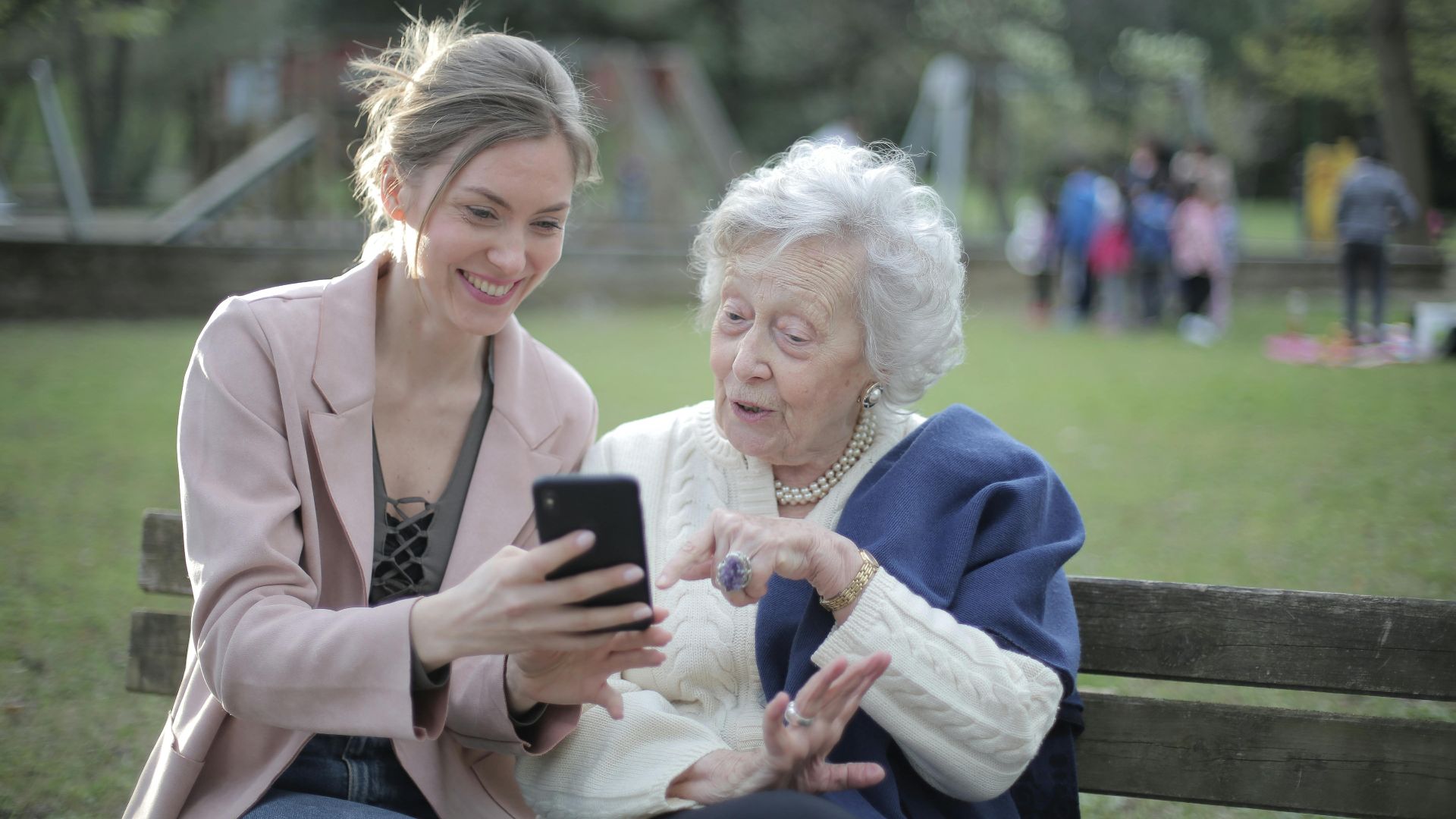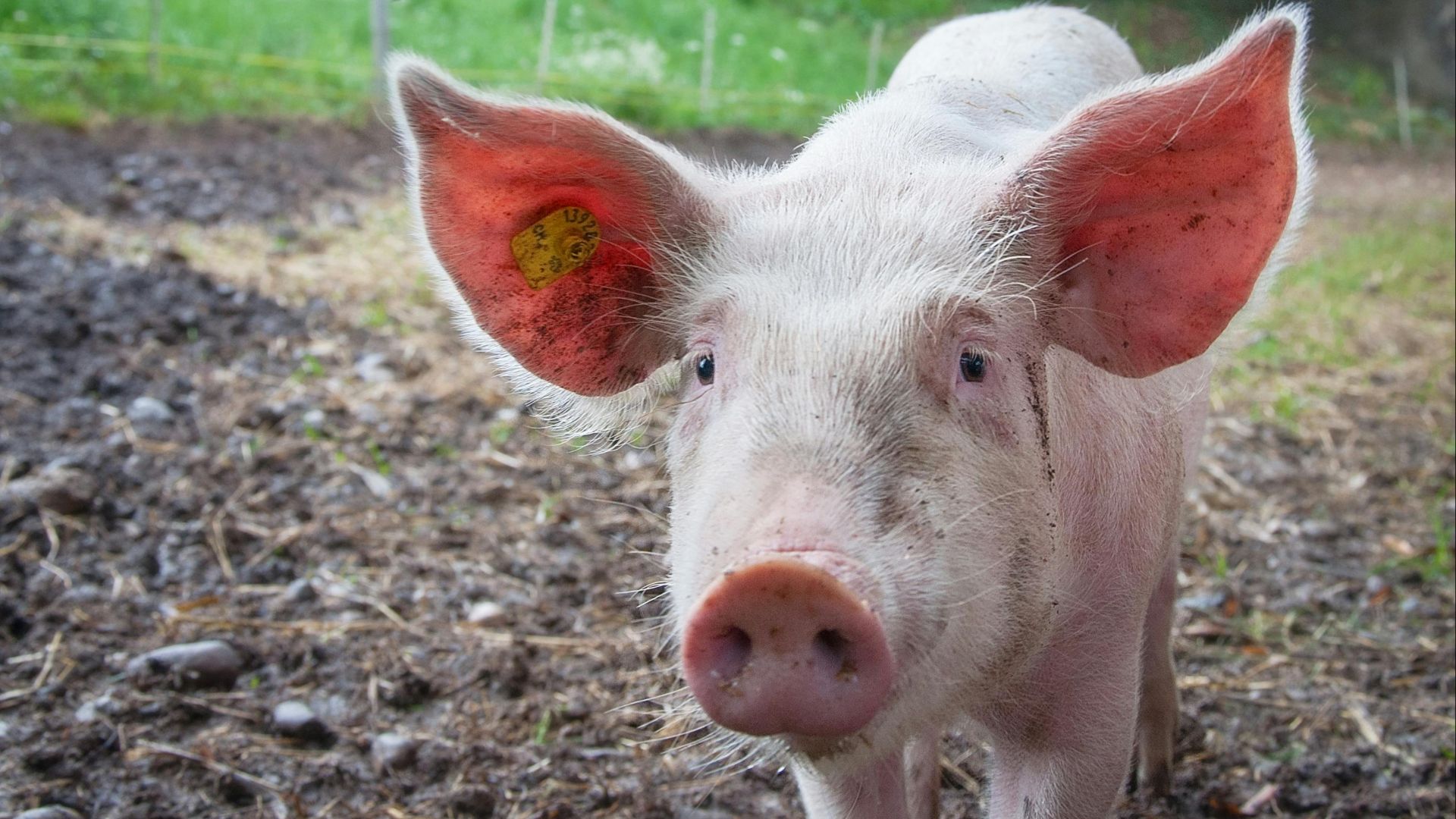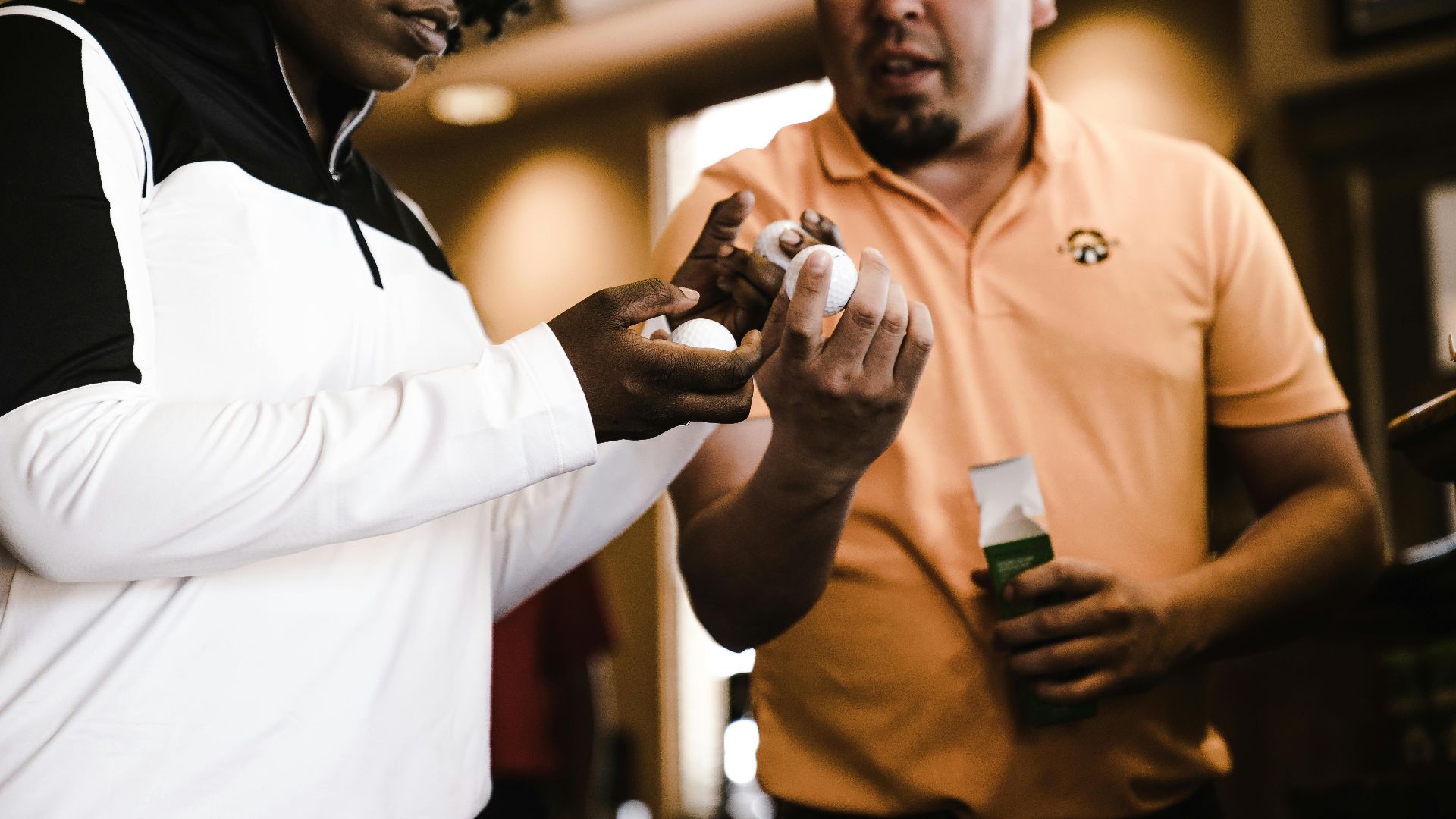These Slang Phrases Are the Bee's Knees
Sure, you might be familiar with a few British slang words, like "hoover" (vacuum), "flat" (apartment), and "trousers" (pants). But what about phrases? Unless you grew up in the UK or you religiously watch British TV shows, you probably won't be able to guess any of these expressions on your first try. Want to test that? Here are 20 British slang phrases that'll have you scratching your head.
1. A Few Sandwiches Short of a Picnic
If you say that someone is "a few sandwiches short of a picnic," you mean that they're not very bright or lack common sense. This isn't the only variation you might see or hear it in, as other examples include: "a few bricks shy of a load" and "a few cards shy of a full deck."
 Kateryna Hliznitsova on Unsplash
Kateryna Hliznitsova on Unsplash
2. Bagsy
Where you might be used to shouting out "shotgun" when calling your turn in the passenger seat or placing dibs on something, British kids say "bagsy." A classic situation (other than the car one) would be saying "bagsy" to extra lunch items offered up.
3. Brolly
Despite all your initial guesses on what "brolly" may mean, it's actually not a term that has a humorous or confusing meaning. In fact, it's simply short for umbrella. So, the next time your British friend asks you to bring a "brolly" with you, you'll know what they mean.
4. Take the Mick/Mickey
Instead of saying "are you kidding me?" or "are you making fun of me?" the common British phrase is "taking the Mick." An example would be throwing a compliment to someone's disastrous haircut, and them questioning if you're just teasing or being sarcastic.
 LoboStudio Hamburg on Unsplash
LoboStudio Hamburg on Unsplash
5. Bog Standard
When something is boring or nothing out of the ordinary, the British phrase for it is "bog standard." Your weekend was so-so? Your morning coffee was bland? The weather forecast for the week looks disappointing? Bog standard.
6. Bob's Your Uncle
You've likely heard this phrase before, but do you know the origins behind it? Said when something is super simple ("you turn the key and Bob's your uncle!"), this expression is claimed to have been coined after Prime Minister Robert "Bob" Gascoyne-Cecil picked his nephew for a government position. Because of the obvious bias and how easily his nephew got the job, "Bob's your uncle" came out of it.
7. Spend a Penny
Before we reveal the meaning of this one, take a second to guess what it might mean. Ready? When someone says they're going to "spend a penny," they don't mean it literally. Instead, they're telling you they need to head to the bathroom and relieve themselves. Didn't expect that, did you?
8. Bee's Knees
This is another phrase you might have heard before. When you say something is the "bee's knees," you mean that it's the absolute best. Believe it or not, this saying was actually mainstream in the US in the 1920s, but it has since fallen out of popular usage. Is it time to bring it back?
9. Off to Bedfordshire
Also not to be taken literally is when someone tells you they're "off to Bedfordshire." Despite it being the actual name of a place in the UK, this expression is used to mean you're tapping out for the night and hitting the hay.
10. It’s Brass Monkeys Outside
Brrr—do you feel that? That's the sharp winter chill! "It's brass monkeys outside" means it's bitingly cold outside. We won't tell you the specifics of its origins (you can search that up yourself), but the "brass" also refers to how cold it gets in a freezing room or area.
11. Full of Beans
Despite what your first guess might have been for this one, no, it doesn't mean someone is full of gas. Instead, "full of beans" means energetic, enthusiastic, and high in spirits. If someone is super excited for their birthday, they're full of beans!
12. Horses for Courses
"Horses for courses" is another expression that might not have a meaning that's immediately apparent from the first read—unless, of course, you already know the phrase. You can use this phrase when you're trying to say that different people are suited to different things.
13. On It Like a Car Bonnet
Other than just being a run rhyme to say, "on it like a car bonnet" means you have the situation under control. It can also be said when you're taking on or accepting a task from someone else.
14. Made a Right Pig’s Ear of Something
If you "made a right pig's ear of something," you messed it up pretty badly or did it awkwardly or incorrectly. You may sometimes hear the phrase with "right pig's ear" (very specific, we know), or other times it might simply just be "pig's ear."
15. Faff
"Faff" can be used both as a noun and as a verb. Whether something is such a "faff" or that someone keeps "faffing about," it's used to mean that something is a waste of time—or someone is deliberately dawdling and lazing about.
16. Flog
No, this doesn't mean what you might think it means, which is to hurt someone with a whip or stick. While its original meaning is acknowledged, in its slang form it's used to mean "sell." If you "flog" something, you're putting it up for sale, typically to be sold quickly and cheaply.
17. Over-egg the Pudding
When someone is "over-egging the pudding," it means they're overdoing something. You might think this phrase has to do with baking (eggs, pudding), but it actually comes from "eggian," the Anglo-Saxon word for "excite." Even then, you can still think of the expression to mean someone has added too many eggs and messed up the final product.
 Jojo Yuen (sharemyfoodd) on Unsplash
Jojo Yuen (sharemyfoodd) on Unsplash
18. Sod's Law
This is a British axiom meaning, "if there's a chance something can go wrong, then it will definitely go wrong." It's the equivalent of "Murphy's law" in the US, which is used to explain terrible misfortune or bouts of bad luck.
19. Bite Your Arm Off
When your British friend says they'll "bite your arm off," don't be alarmed—they don't mean it literally. And despite the brashness of it, it's actually said in good light, meaning that someone will jump at the chance if you offer them something.
20. Wind Your Neck In
The next time you want to tell someone to mind their own business, do it the British way and tell them to "wind their neck in." You can also say this when someone gives you their opinion on a matter that doesn't concern them.

























